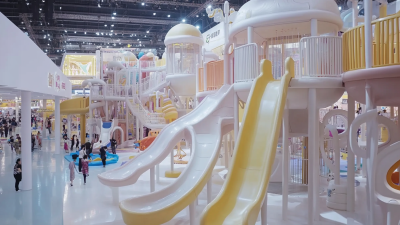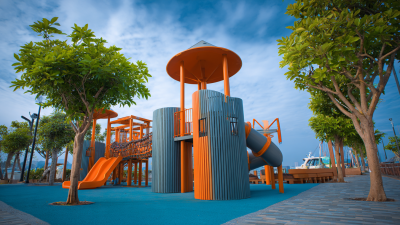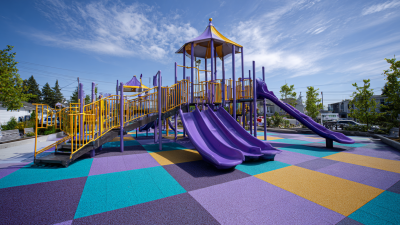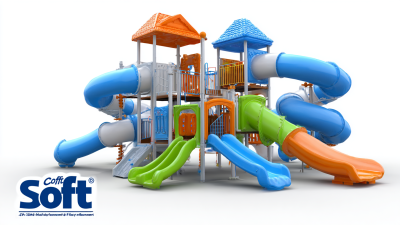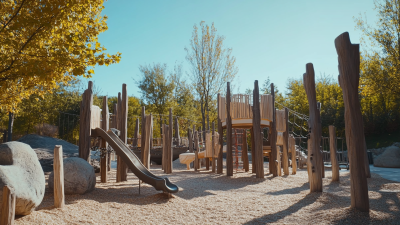
Inquiry
Form loading...
Play is a fundamental aspect of childhood development, and the use of Playground Apparatus has gained significant attention for its role in enhancing various developmental domains. According to a report by the American Academy of Pediatrics, active play is crucial for physical, social, and emotional growth, with structured play environments promoting better outcomes in children. Furthermore, research from the National Playground Safety Institute suggests that children who engage in play on age-appropriate apparatus tend to exhibit improved motor skills, social interactions, and cognitive abilities. As communities increasingly recognize the importance of safe and innovative playground equipment, it is essential to explore the multifaceted benefits that Playground Apparatus offers for child development. By creating stimulating play environments, we can cultivate creativity, resilience, and healthy interpersonal skills in children, laying a strong foundation for their future well-being.
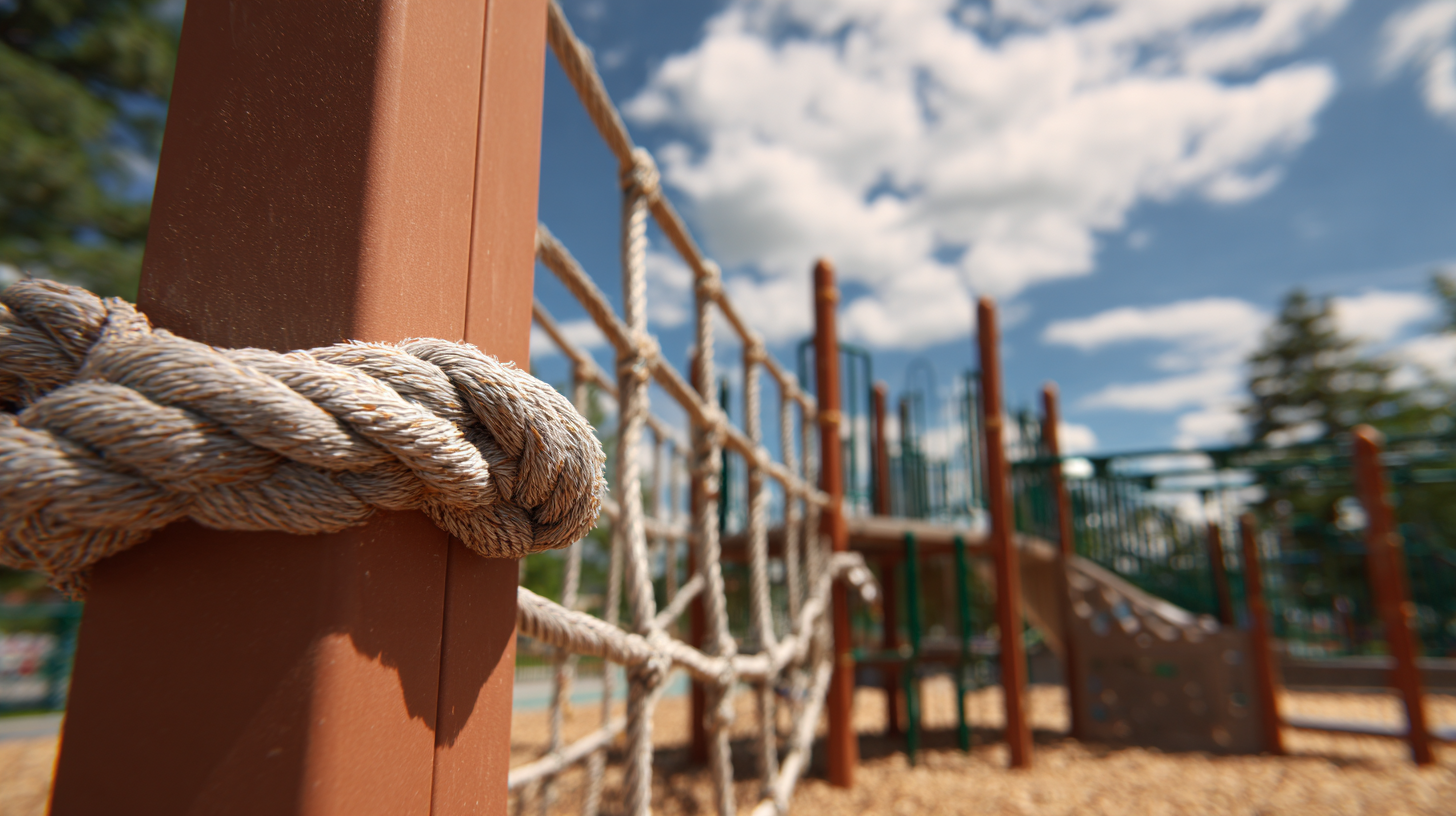
When selecting playground apparatus for children, it's essential to consider the developmental stages and needs of various age groups. For toddlers aged 1-3 years, equipment should prioritize safety and simplicity. Low platforms with gentle slides, small climbing features, and interactive sensory panels enhance their fine motor skills and encourage imaginative play. Soft surfaces and enclosed areas help prevent falls and enable young children to explore in a secure environment.
As children progress to the preschool age (4-5 years), their need for more challenging and engaging play structures increases. At this stage, climbing walls, larger slides, and balance beams can help improve their physical coordination and strength while also fostering social skills through cooperative play. The apparatus should be designed to challenge them without overwhelming their capabilities, striking a balance between fun and safety. Lastly, for school-aged children (6 years and up), more complex structures that include multiple climbing options, swings, and sports features can cater to their growing need for adventure and physical exertion. Such equipment not only supports their physical development but also promotes teamwork and strategic thinking during play.
Play is an essential avenue for fostering holistic child development. Engaging in play allows children to enhance their physical abilities, cognitive skills, and social-emotional growth. Through various forms of play, children not only enjoy themselves but also learn vital life skills. For instance, unstructured play encourages creativity and problem-solving, while rough play promotes coordination and negotiation skills. These activities are foundational in preparing children for future challenges, both academically and socially.
Tips for maximizing the developmental benefits of play include providing a variety of play options that encourage exploration. Set up areas for different types of play—such as creative arts, physical activities, and role-playing scenarios. This diversity allows children to discover and engage in learning in ways that resonate with them. Additionally, consider allowing for some risk in play. This helps children learn about boundaries, resilience, and the consequences of their actions, ultimately contributing to their overall growth.
Encouraging social play is also critical. Group activities can promote teamwork, communication, and emotional intelligence. Parents and caregivers should create opportunities for children to interact with their peers, as these interactions are vital for developing strong social skills. By recognizing the importance of play in these skill-building processes, we can better support our children's development during these formative years.
| Dimension | Description | Benefit |
|---|---|---|
| Physical Skills | Activities that promote gross and fine motor skills. | Improves coordination, balance, and overall physical health. |
| Cognitive Development | Engagement in problem-solving and imaginative play. | Enhances critical thinking and creativity. |
| Social Skills | Interacting with peers through collaborative play. | Fosters teamwork, communication, and empathy. |
| Emotional Growth | Experiencing various emotions during play scenarios. | Helps children process feelings and develop resilience. |
| Risk Assessment | Learning to navigate challenges and take risks in a safe environment. | Builds confidence and decision-making skills. |
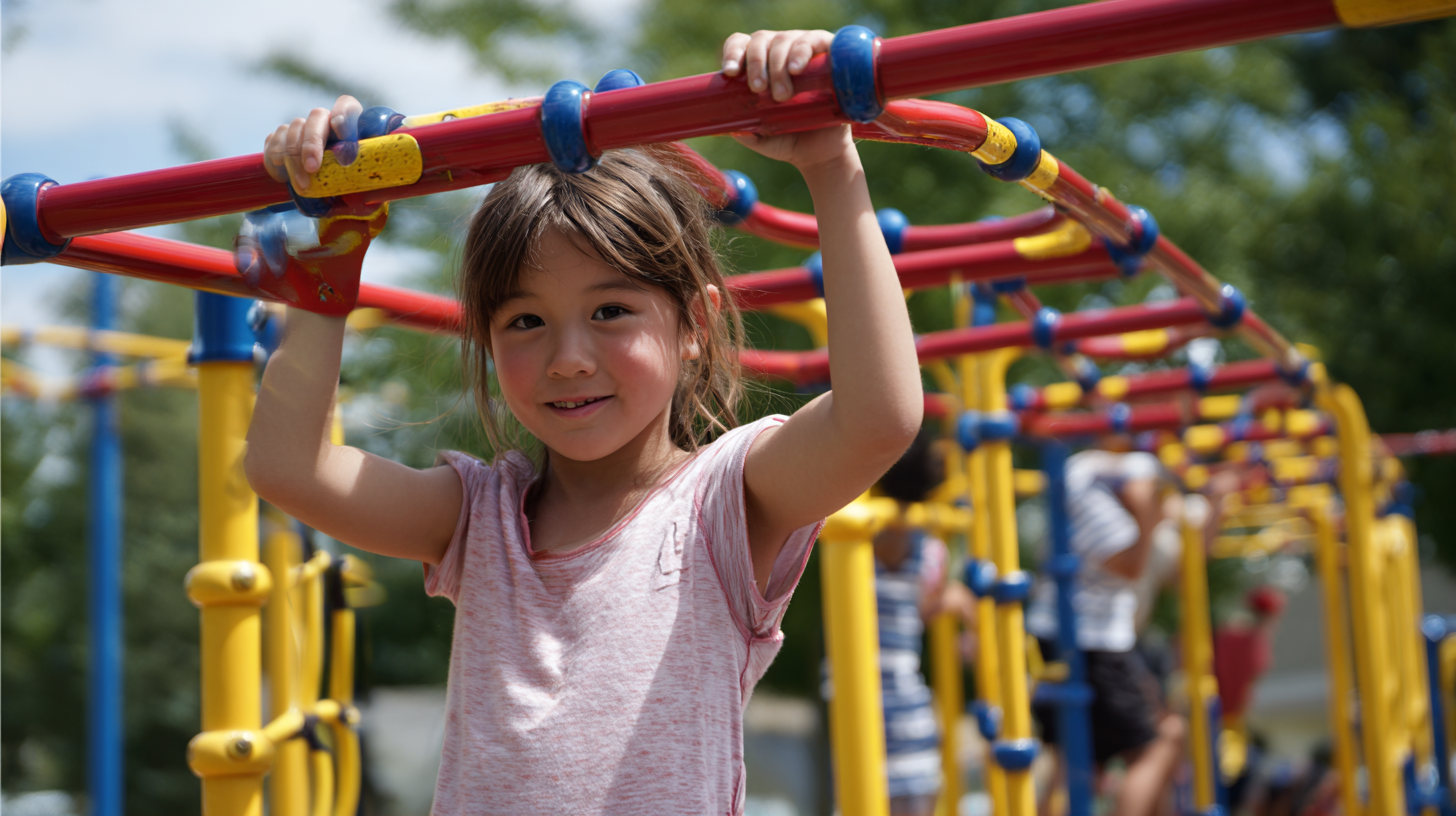 The design of playgrounds must prioritize safety features to provide a secure environment for child development. According to the National Program for Playground Safety, approximately 200,000 children visit emergency rooms annually due to playground-related injuries. This staggering statistic highlights the importance of incorporating safety measures such as shock-absorbing surfaces, secure equipment, and proper spacing between play structures. By implementing these features, playgrounds can significantly reduce the risk of injuries and create a more enjoyable experience for children.
The design of playgrounds must prioritize safety features to provide a secure environment for child development. According to the National Program for Playground Safety, approximately 200,000 children visit emergency rooms annually due to playground-related injuries. This staggering statistic highlights the importance of incorporating safety measures such as shock-absorbing surfaces, secure equipment, and proper spacing between play structures. By implementing these features, playgrounds can significantly reduce the risk of injuries and create a more enjoyable experience for children.
When designing playgrounds, implementing safety tips is essential. First, use soft materials like rubber mats or sand beneath play structures, as they can cushion falls. Second, ensure that all equipment meets safety standards set by organizations like the American Society for Testing and Materials (ASTM). Lastly, regularly inspect the playground for hazards, such as rusted metal, loose bolts, or broken parts that could pose a risk to children. Engaging with parents and caregivers in the design process can also yield insights into how to create safer and more accessible play environments, fostering a community-centric approach to child play.
Playground activities are vital in encouraging social skills and teamwork among children. As they engage in various forms of play, kids learn to communicate, cooperate, and negotiate with their peers, essential components that foster strong interpersonal relationships. When children work together to navigate climbing structures or compete in games, they develop a sense of camaraderie and understanding for each other’s strengths and weaknesses.
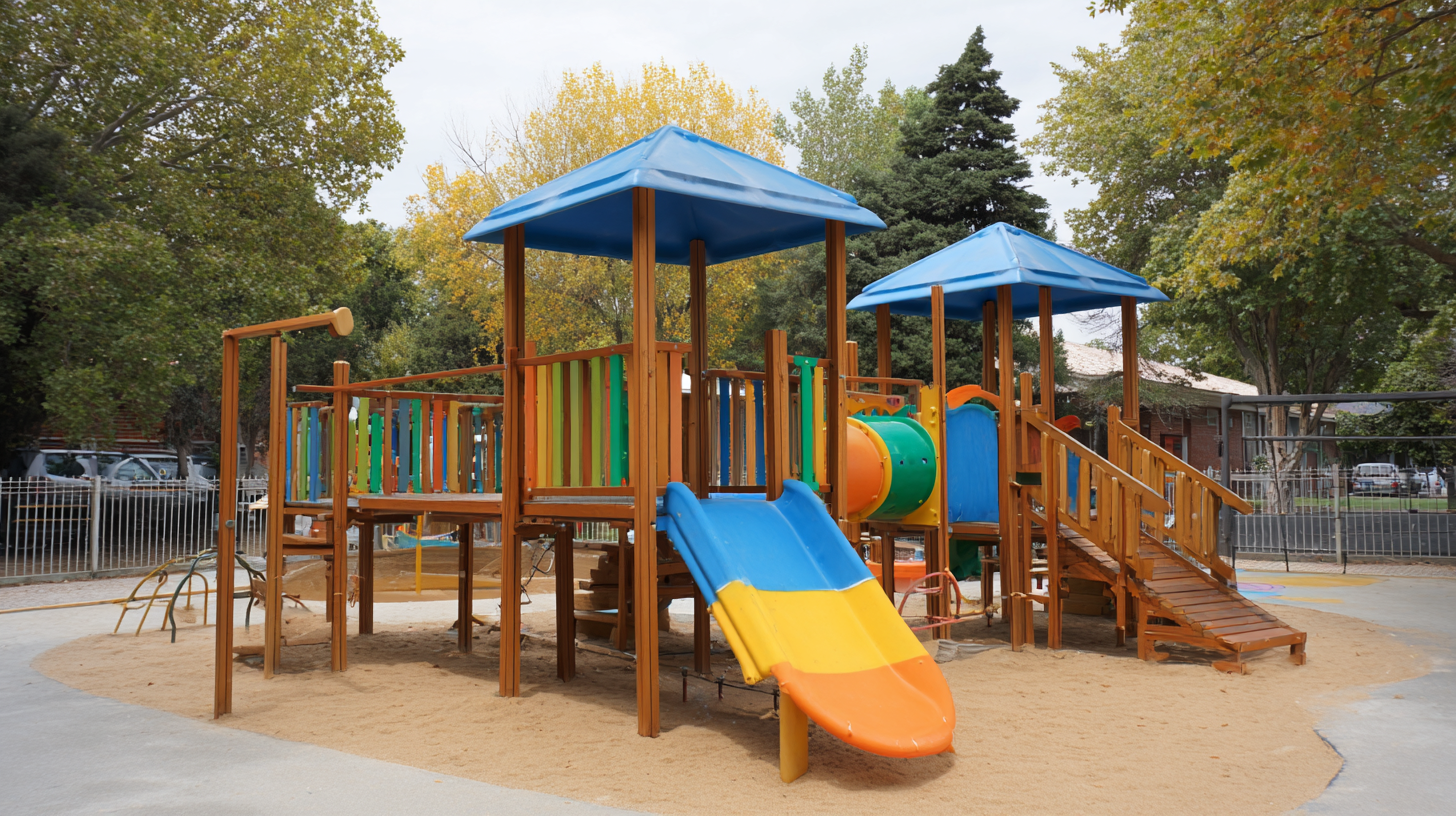
Tips for parents and caregivers: Encourage your children to join in group activities at the playground. Whether it's organizing a game of tag or building a fort with found materials, these experiences can enhance their social awareness. Highlight the importance of sharing and inclusivity during play to ensure every child feels valued and included.
Additionally, providing opportunities for structured play can further develop teamwork skills. Activities like relay races or team challenges not only make playtime fun but also teach children the importance of collaboration and goal-setting. By promoting these interactions, we can support children in becoming not just better friends, but also responsible members of their communities.
Play is crucial for children's emotional and cognitive development, with numerous studies highlighting its significant impact. According to the American Academy of Pediatrics, play contributes not only to physical health but also aids in developing social skills, emotional resilience, and cognitive abilities. Engaging in play activities that involve playground apparatus, such as swings and climbing structures, encourages children to interact with their environment, fostering problem-solving skills and creativity.
Research from the Institute for Childhood Resources reveals that children who engage in regular outdoor play show improved concentration and better academic performance. The study indicates that children participating in structured play, including activities that require teamwork and communication, exhibit heightened emotional intelligence and the ability to manage stress. As they navigate challenges on playground equipment, they learn important life skills such as persistence and cooperation, which are essential for their overall development.
Incorporating playground apparatus into children's play routines not only supports physical health but also cultivates a well-rounded development trajectory. The positive correlations between play and emotional well-being are further evidenced by findings from the National Association for the Education of Young Children, which established that play helps children express their feelings and understand others' emotions, laying a strong foundation for lifelong social interactions.
